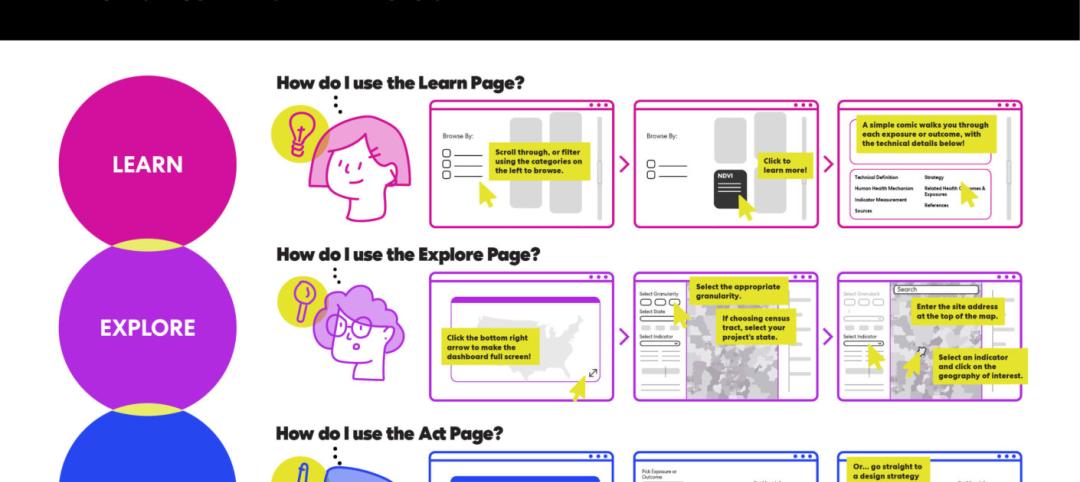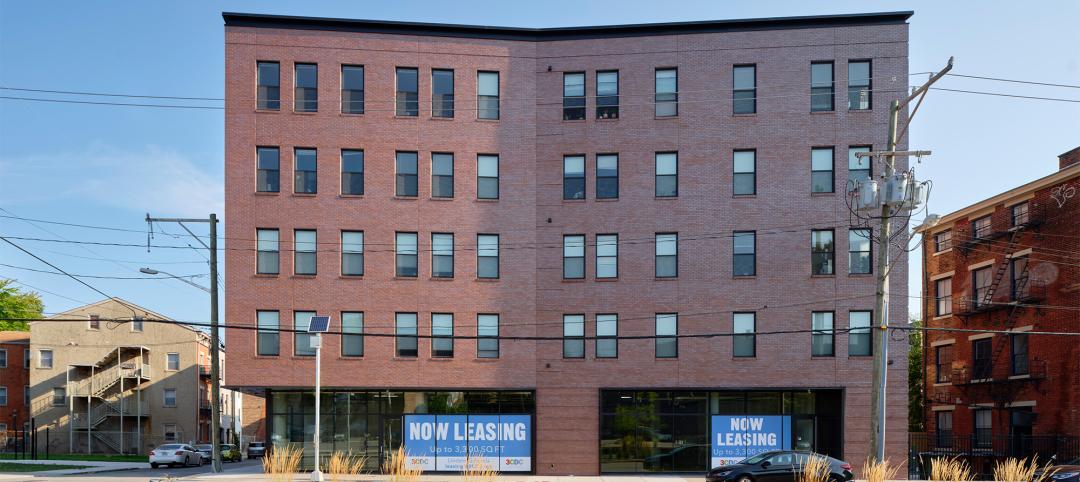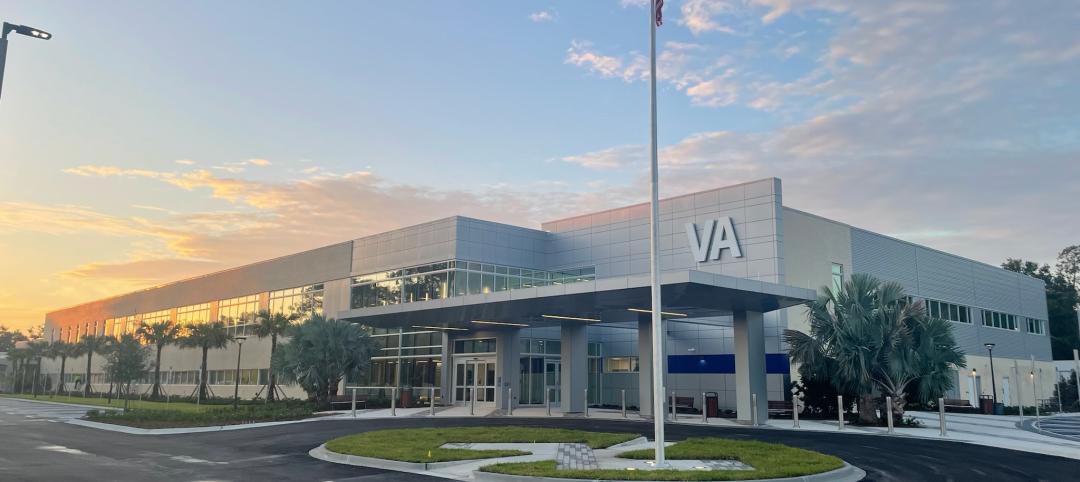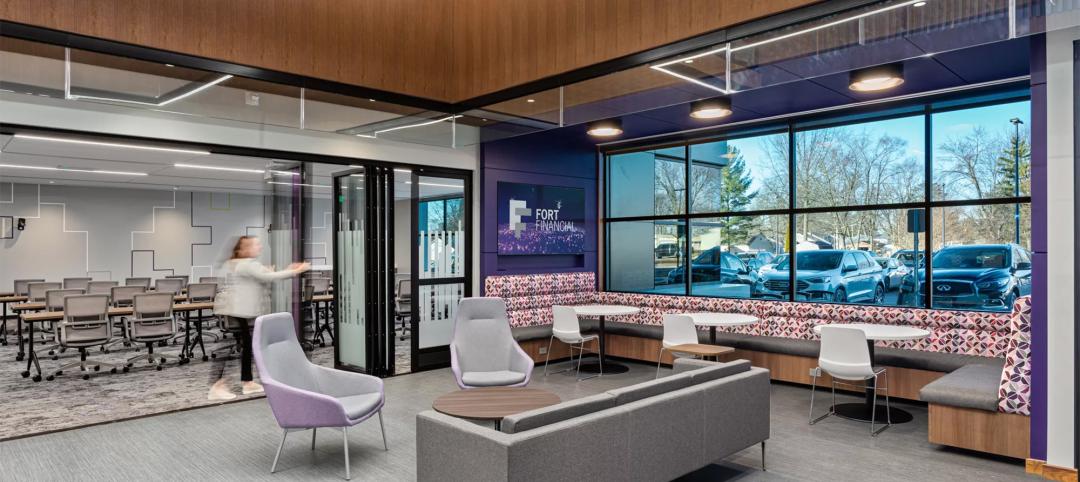You may be violating an employment law just by trying to be nice to your employees, says a new report.
The California Chamber of Commerce has produced a white paper cataloging the top 10 mistakes most likely to get a company sued. While a few of the laws cited apply specifically to California, some of them are federal and may apply in your state.
The report observes: "Employers may unintentionally violate employment laws simply by trying to provide some flexibility for an employee, save money for the company or just be nice."
Here are the top 10 mistakes:
1. Classifying all employees as exempt, whether they are or not
It may be easier to pay someone a salary rather than figure out overtime, meal breaks, rest breaks and the like. The time (and money) you save on bookkeeping is a false economy, however, since you could pay big time in penalties or a lawsuit. (See the report for more specifics.)
2. Letting employees work through lunch so they can take off early
A non-exempt employee is required to be given a 30-minute meal break, plus a 10-minute break for every four hours worked. If you deny one or the other, you owe the person an extra hour's wages; if you deny both in the same day, you owe an additional two hours. The wages must be paid during the pay period in which it's missed. The employee cannot waive his or her right to the breaks.
3. Making everyone an "independent contractor" because having employees is too much trouble
The report notes that contractors are happy until one of the following comes up: workers' compensation, unemployment insurance, state disability insurance or paid family leave benefits. Avoid these legal spiderwebs by determining who is and who isn't a contractor.
4. Not providing training about harassment and discrimination to managers and supervisors
Don't assume your employees won't need the information. Avoid lawsuits by providing the basic sexual harassment training required by law.
5. Letting employees decide which, and how many, hours they want to work each day
Most employees are restricted by law regarding the number of hours they can work without needing to be paid overtime. If you are allowing longer workdays for four-day workweeks, there are rules that need to be followed. Check with your state laws for specifics.
6. Terminating any employee who takes a leave of absence
From the report: "Employees have legal protection when they are away from work for various reasons, including workers' compensation, disability, pregnancy, family and medical leave, military leave, jury duty and many more."
7. Withholding an employee's final check if they fail to return company property
You may think you can withhold money while you wait for an employee to return a computer or a cellphone, but think again. Some states have laws that require you hand over the check the minute the words "you're fired" come out of your mouth. And if an employee quits and gives more than 72 hours notice, the check must be ready on his or her last day. The penalties start accruing from the moment the check is late-one day of wages for every calendar day of delay.
8. Providing loans to employees and deducting the money from their paycheck each pay period
This seems perfectly fine, doesn't it? Except most state labor codes permit only paycheck deductions authorized by law and those authorized by the employee for health insurance or other benefits. No other deductions are permitted. If you're making a loan, you should have the employee sign a promissory note and a lawyer review it.
9. Using noncompete agreements to protect confidential information
Many employers force employees to sign these agreements to protect business secrets, customer lists, and pricing information and to prevent employees from working for the competition. Essentially, you can't force your employee to stay with you, nor can you prevent him or her from making a living.
10. Implementing a "use it or lose it" vacation policy and avoid paying out all the money at termination
Accrued vacation is a form of wages and cannot be denied. You can stop an employee from accruing vacation beyond a "reasonable" amount, but you cannot take away what he or she has already earned. What is considered a "reasonable" cap? Generally 1.5 to two times the annual accrual, says the report.
Have you suffered any consequences from doing any of these things?
--
Courtney Rubin is a business writer and contributing editor to Inc. magazine.
Related Stories
Architects | Dec 18, 2023
Perkins&Will’s new PRECEDE tool provides access to public health data to inform design decisions
Perkins&Will recently launched a free digital resource that allows architects and designers to access key public health data to inform design decisions. The “Public Repository to Engage Community and Enhance Design Equity,” or PRECEDE, centralizes demographic, environmental, and health data from across the U.S. into a geospatial database.
Sports and Recreational Facilities | Dec 15, 2023
San Antonio Spurs’ new practice facility aims to help players win championships and maintain well-being
Designed by ZGF, the Victory Capital Performance Center uses biophilic design to promote better health and wellness on and off the court.
Affordable Housing | Dec 14, 2023
What's next for affordable housing in 2024?
As 2023 draws to a close, GBBN’s Mary Jo Minerich and Amanda Markovic, AIA sat down to talk about the future. What’s next in terms of trends, technology, and construction of affordable housing?
75 Top Building Products | Dec 13, 2023
75 top building products for 2023
From a bladeless rooftop wind energy system, to a troffer light fixture with built-in continuous visible light disinfection, innovation is plentiful in Building Design+Construction's annual 75 Top Products report.
Giants 400 | Dec 12, 2023
Top 35 Veterans Affairs Facility Architecture Firms for 2023
LEO A DALY, Page Southerland Page, Guidon, and HDR top BD+C's ranking of the nation's largest Veterans Affairs facility architecture and architecture/engineering (AE) firms for 2023, as reported in Building Design+Construction's 2023 Giants 400 Report.
Giants 400 | Dec 12, 2023
Top 40 Military Facility Architecture Firms for 2023
Michael Baker International, HDR, Whitman, Requardt & Associates, and Stantec top BD+C's ranking of the nation's largest military facility architecture and architecture/engineering (AE) firms for 2023, as reported in Building Design+Construction's 2023 Giants 400 Report.
Office Buildings | Dec 12, 2023
Transforming workplaces for employee mental health
Lauren Elliott, Director of Interior Design, Design Collaborative, shares practical tips and strategies for workplace renovation that prioritizes employee mental health.
Giants 400 | Dec 11, 2023
Top 150 Local Government Building Architecture Firms for 2023
Gensler, HOK, Stantec, and Skidmore, Owings & Merrill top BD+C's ranking of the nation's largest local government building architecture and architecture/engineering (AE) firms for 2023, as reported in Building Design+Construction's 2023 Giants 400 Report.
Giants 400 | Dec 11, 2023
Top 90 State Government Building Architecture Firms for 2023
Page Southerland Page, Skidmore, Owings & Merrill, Stantec, and NORR top BD+C's ranking of the nation's largest state government building architecture and architecture/engineering (AE) firms for 2023, as reported in Building Design+Construction's 2023 Giants 400 Report.
Codes and Standards | Dec 11, 2023
Washington state tries new approach to phase out fossil fuels in new construction
After pausing a heat pump mandate earlier this year after a federal court overturned Berkeley, Calif.’s ban on gas appliances in new buildings, Washington state enacted a new code provision that seems poised to achieve the same goal.

















